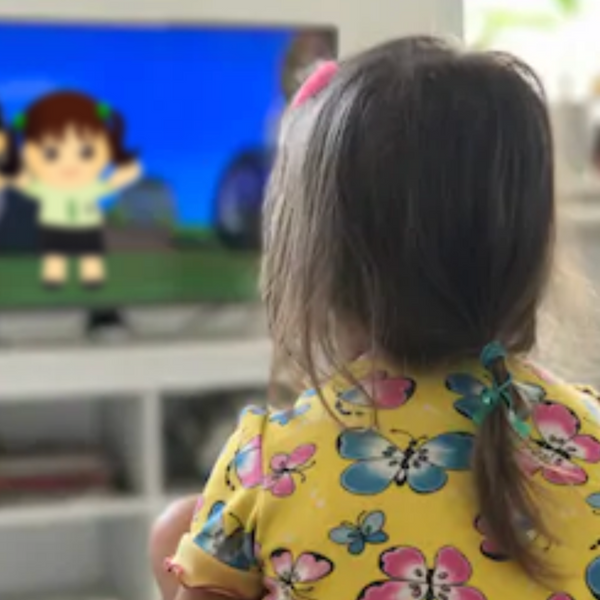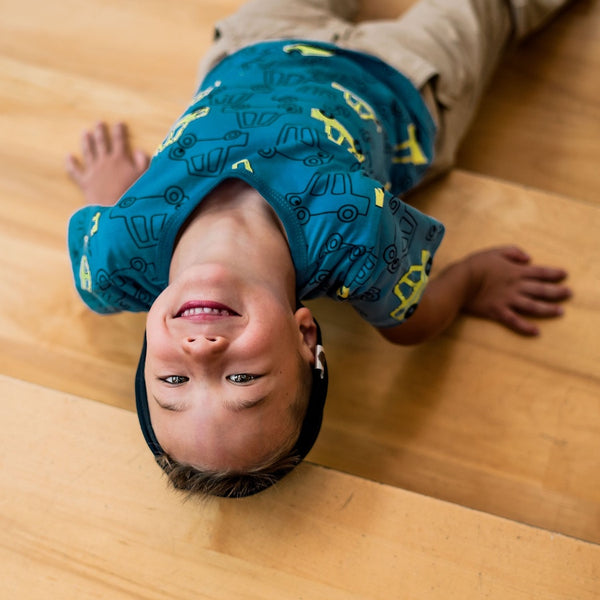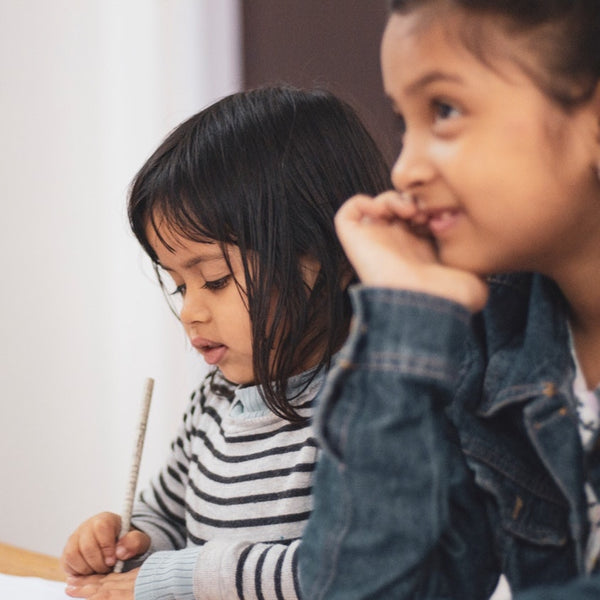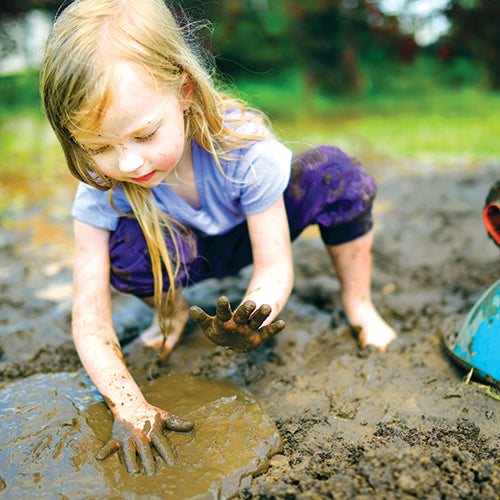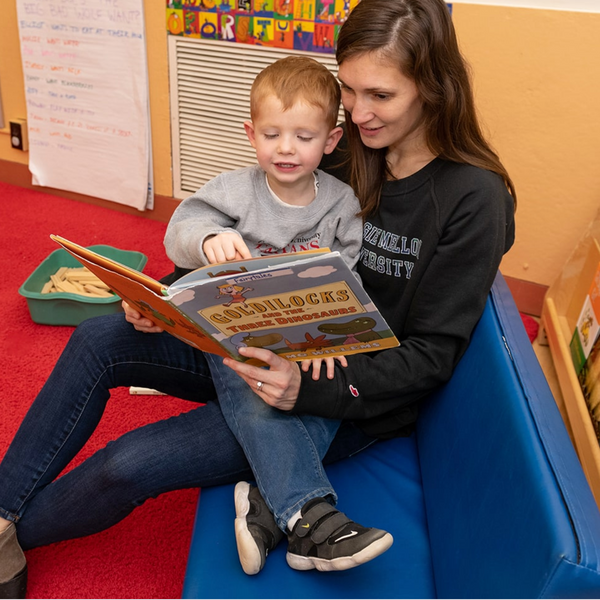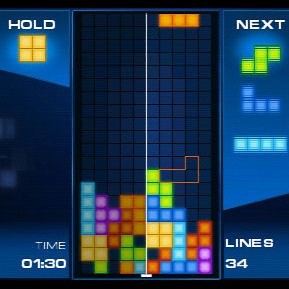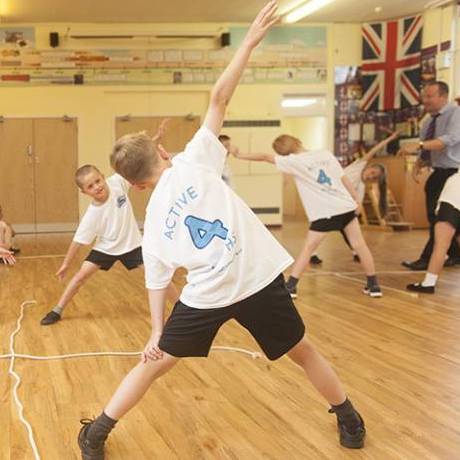Research -- StepUp to Learn
Young Children Can Learn Math Skills from Intelligent Virtual Characters
A new study examined whether young children’s verbal engagement with an onscreen interactive media character could boost their math skills.
Achievement Gaps May Explain Racial Overrepresentation in Special Education
School districts may be flagged as over-identifying students of color as having disabilities when other factors, such as achievement gaps, may explain these disparities.
Moderate Exercise Can Benefit Memory Performance
Moderate intensity exercise such as brisk walking, water aerobics or cycling can have the most beneficial effect on memory performance.
Testing During Studying Improves Memory and Inference
Learning something new? Take a test! Research shows that taking a test is more effective than other ways of studying when learning and making inferences.
Mother Nature: Reshaping Modern Play Spaces for Children’s Health
A world first review of the importance of nature play could transform children’s play spaces, supporting investment in city and urban parks, while also delivering important opportunities for children’s physical, social and emotional development.
A Smart Jumpsuit Provides Information on Infants’ Movement and Development
A new innovation makes it possible, for the first time, to quantitatively assess children’s spontaneous movement in the natural environment.
When It's Story Time, Animated Books Are Better for Learning
Digital storybooks that animate upon a child's vocalization offer beneficial learning opportunities, especially for children with less developed attention regulation.
The Power of Parents
A study on the impact of parents’ inclusion in their young children’s interventions found that parents can play a crucial role in their toddlers’ development.
Digital Games May Beat Mindfulness Apps at Relieving Stress
Highly engaging digital games which provide opportunities for mastering new skills and allowing users to feel in control may relieve stress at the end of the day more effectively than mindfulness apps.
Aerobic exercise improves cognition, even in young adults
Aerobic exercise training increases cognitive processes important for reasoning, planning, and problem-solving.
Learning Language: New Insights on Basic Sounds
Surprising results from a study focusing on the roles of the brain’s left and right hemispheres in language acquisition.
Physical Activity in Lessons Improves Students' Attainment
Students who take part in physical exercises like star jumps or running on the spot during school lessons do better in tests than peers who stick to sedentary learning.

